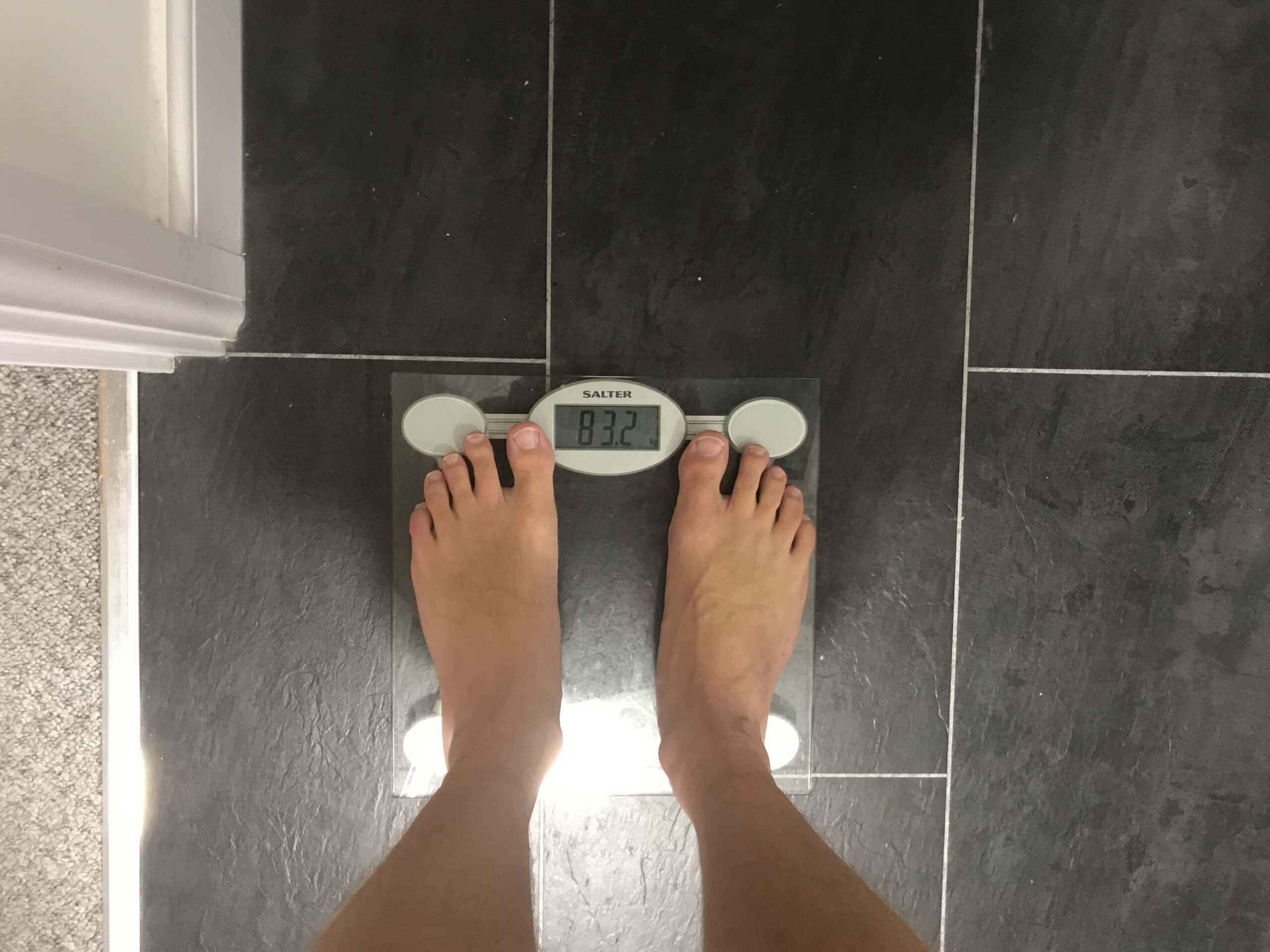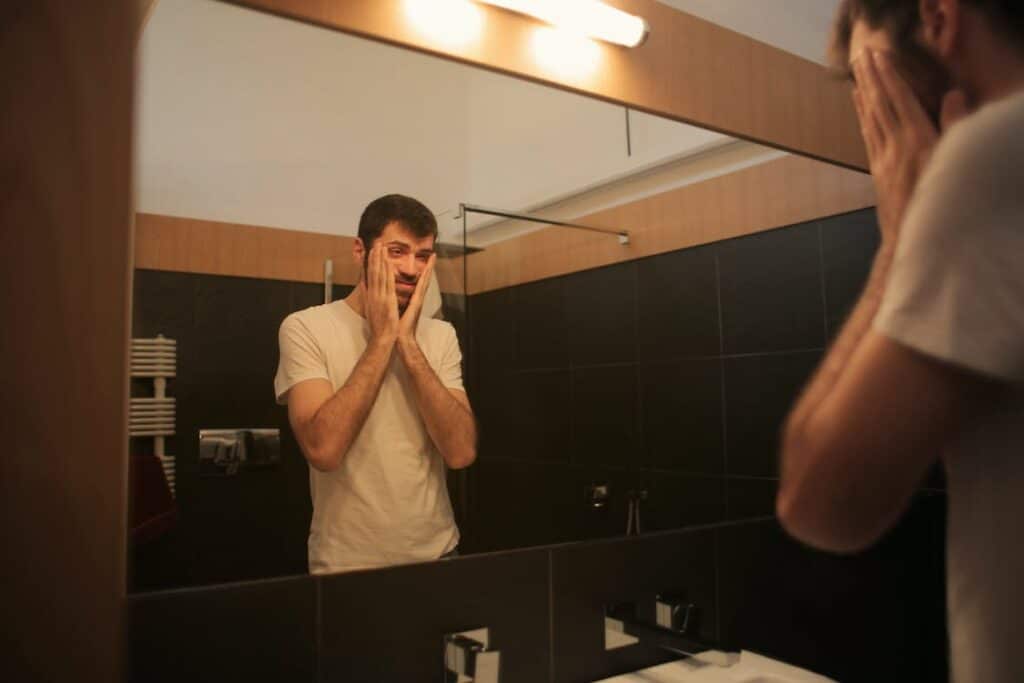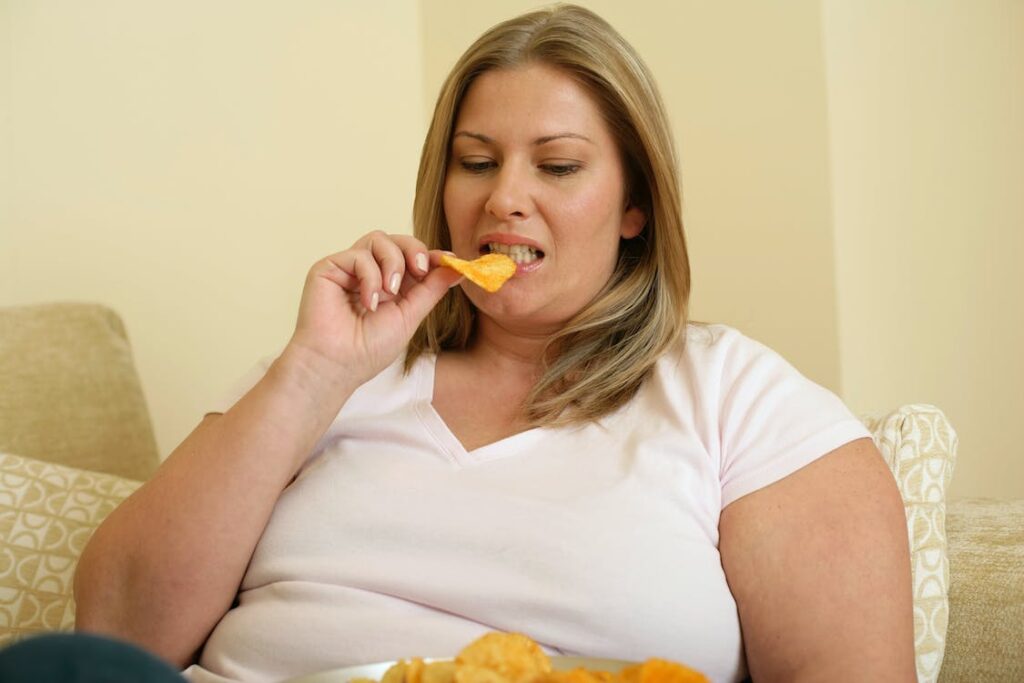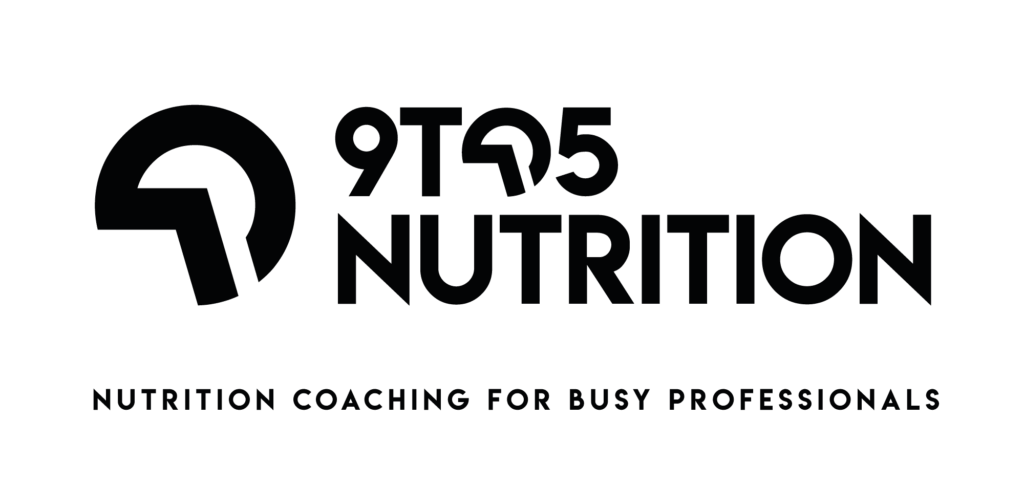- How Much Weight Can You Realistically Lose in 3 Months? - January 14, 2024
- How To Lose 1kg a Week (Guaranteed) - August 20, 2023
- How To Count Calories (or Estimate) and Stay on Track When Eating Out at Restaurants - July 25, 2023
Realistically, most people can lose between 12 and 24 pounds in 3 months, which is around 6-12kg
This requires a calorie deficit of between 500-1000 calories a day
Yes, of course, it’s possible to lose more than this but attempting to go any faster will require an even more aggressive calorie deficit which will be very difficult to maintain for more than a couple of weeks for most people.
Is it Different For Men and Women?
In terms of the mechanics of weight loss, and the process required to achieve it, weight loss is exactly the same for men and women. Having said that, there are two specific reasons why the actual ‘day-to-day’ of weight loss differs for men and women.
- Women generally have a lower BMR
Your BMR, or ‘base metabolic’ rate is the number of calories you burn at rest, and this is generally lower for women than it is for men.
The reason is pretty simple, women are generally smaller and have more body fat and less muscle mass than men. This means that women need fewer calories to maintain their weight.
This might mean that an average woman may need to eat 1,400 calories to be in a 500-calorie deficit, while a man might be able to eat 1,900 to be in the same deficit.
Of cours in this case, the woman could do more activity to make up for the lower BMR and eat the same number of calories, in this example, the woman would need to burn an additional 500 calories through exercise, which is around 10,000 steps
2. Menstrual Cycle Causes Fluctuations
When tracking your weight loss efforts, it’s important to understand that there are many things that can cause your weight to fluctuate. The most common cause of weight fluctuations is water retention which can be caused by carb, salt alcohol consumption, stress and the mensural cycle.
It’s important to remember that weight is likely to fluctuate significantly around the time of the month, but this does NOT mean you’re gaining body fat or that your deficit isn’t working
Other than this, the process of losing a specific amount of weight in 3 months is exactly the same for men and women
How to Go About Losing 12 Pounds (5kg) in 3 Months – Step by Step

Now you know it is possible to lose a significant amount of weight in 3 months, how exactly do you go about it?
Calculate The Number of Calories You Need to Eat
If you’re aiming to lose 12 pounds in 3 months you’ll need to be in a 500 calorie deficit, so you need to calculate your TDEE (total daily energy expenditure) and then subtract 500 calories. This calorie calculator below will do it all for you
If you want to skip that for now, to give you an idea of the amount of calories the typical person might need to eat create that sort of deficit, see the chart below
Men
| TDEE (Total Daily Energy Expenditure) | Required Calorie Calorie Intake |
| 3500 | 3000 |
| 3000 | 2500 |
| 2500 | 2000 |
| 2250 | 1750 |
Women
| TDEE (Total Daily Energy Expenditure) | Required Calorie Calorie Intake |
| 2000 | 1500 |
| 1750 | 1250 |
| 1500 | 1000 |
| 120 | 750 |
N.B. The above figures are just to give you some guidelines. Always use a calculator to get the most accurate estimation of what YOU need to do
Track Your Weight, Activity and Calories Daily
While calorie calculators can give you a good estimate they’re not always totally accurate.
To find exactly how many calories you REALLY need to eat to lose weight, you’ll need to track what’s actually happening in reality.
You may be able to eat a few more calories than the estimate, but it may need to be less.
Adjust Calories As Necessary
If you’ve been eating a specified number of calories for 2 weeks (and that means every day, yes even at weekends) and your weight hasn’t moved, then you need to adjust your calories. I’d recommend making 10% adjustments at a time.
For example, if you’ve been eating 2,000 calories a day and your weight hasn’t moved, drop down to 1,800 calories. Rinse and Repeat
Stick to Your Deficit (Adopt Healthy Habits)
Once you see the scales starting to move down, that’s an indication you’re in a calorie deficit, and it’s when you know you’re eating the right amount of Calories.
But that’s only half the battle, now you need to stay in that deficit long term; the following can help you achieve that;
- Eat High Fibre Foods
High-fibre foods include fruit and vegetables like apples, berries, bananas, mangos, pineapple bananas, tomatoes, cucumbers, onions, peppers, celery and carrots. These types of foods contain a lot of water which means they’ll help keep you full but contain very few calories
Oats and potatoes are also both high-fiber foods that help keep you full.
- Eat High-Protein Foods
High-protein foods will also help to keep you feel. High protein foods include chicken, turkey, beef, lamb, pork, white fish, salmon, trout, yoghurt and milk.
High-protein foods also require more energy to digest (2), so you’ll actually store less of the calories you from high-protein foods
- Drink Plenty of Water
You should be doing this regardless of whether you’re trying to lose weight, but water can also help you feel fuller. Drink a large glass of water before each meal.
- Keep your activity consistent
If you started out doing 6,000 steps per day and hitting the gym 3 times a week, KEEP doing this. If your activity levels drop your weight loss could slow down or stop.
The easiest way to manage weight loss is to keep your activity levels each week exactly the same. If for some reason you do need to do less activity, make sure you adjust your calories accordingly.
6,000 steps would equal around 300 calories, and an hour-long gym workout might equal around 200 calories
- Don’t Over Exercise
You might think that doing MORE exercise is better, but this will likely be a mistake too.
Let’s say you added marathon training into the mix – yes you’d burn a TON more calories, but you’d also get really hungry, so your drive to eat could up, which could mean you end up consuming more calories than you would have before.
- Get Enough Sleep
Again, you should be doing this regardless of whether you want to lose weight or not, but sleep is vital for weight loss success. There is a strong link between sleep deprivation and obesity(1)
Lack of sleep can increase appetite the following day, causing you to go over your calorie target. Make sure you get a minimum of 7 hours of sleep every night.
- Overcome Weight Loss Plateaus
At some point, your weight is likely to plateau. This is normal.
Usually plateaus go away on their own, but if yours lasts for longer than 2 weeks, you may need to adjust things. Either drop your calories by 10% or increase your steps by 25%
- Take Progress Photos
Scale weight is important (it’s an OBJECTIVE measure) but ultimately we’re all doing this to look and feel better, so you need photos to compare to.
Take a new set of photos once a month and always compare to the originals.
How To Go About Losing 24 Pounds in 3 Months – Step By Step
The process for losing 24 pounds in three months is exactly the same as above, with one crucial difference.
Your calorie deficit will need to be double, yes DOUBLE the size.
This means creating a deficit of 1,000 calories.
So, if we take the examples used above, this is how many calories you’d need to be eating per day to achieve that level of weight loss
Men
| TDEE (Total Daily Energy Expenditure) | Required Calorie Calorie Intake |
| 3500 | 2500 |
| 3000 | 2000 |
| 2500 | 1500 |
| 2250 | 1250 |
Women
| TDEE (Total Daily Energy Expenditure) | Required Calorie Calorie Intake |
| 2000 | 1000 |
| 1750 | 750 |
| 1500 | 500 |
| 1200 | 200 |
As you can see, the calorie amounts you’ll need to eat are VERY low, especially for women who expend less than 2,000 calories a day.
Even if you did use 2,000 calories a day, you’d need to be eating 1,000 calories a day (ON AVERAGE), for three whole months to drop 24 pounds in that time period.
That is VERY difficult.
It pretty much rules out;
- Parties
- Takeaways
- Work Lunches
- Nights out
If you were really careful you could fit in some of these now and again but it’d be very difficult.
Do I recommend it?
No
The unfortunate truth is, that the world we live in just doesn’t lend itself to eating 1,000 calories day
And that’s before we even consider the negative health consequences
Don’t Try to Lose Weight Loss Faster Than This – The Safety Risks

While it’s great to be ambitious and have goals, you also need to be realistic, and aware of the consequences of going to low on your calories.
Ultimately, you;ll pay a price for fast weight loss, in the form of health conditions that might include some or all of the following;
Light Headedness
Your brain needs energy as well as your body, and if the brain doesn’t have any glucose you might start to feel light-headed which is going impact whatever else you need to get on with in your day
Difficulty Concentrating
This can be a result of, or independent of lightheadedness. If you struggle to concentrate at your desk job, this obviously isn’t too risky (aside from facing the wrath of your boss for not getting that report done on time), but if you have a manual job or operate heavy machinery, not being able to concentrate could be dangerous at best and fatal at worst.
In addition to this, a general preoccupation with food and dieting can result in negative impacts on your ability to focus on other important things like work, relationships and exercise (3)
Inability to Exercise
Exercise is a key aspect of health and if your weight loss efforts undermine your ability to exercise properly then you are risking your cardiovascular health as well as your muscle mass.
Decreased Bone Health
Bones need nutrients too. Low or very low-calorie diets can compromise bone health which can lead to aches and pains or even brittle bones in extreme cases
Poor Mental Health
Last but by no means least, your mental health can be severely acutely impacted by low calorie diets but also as a side effect of all the other risks listed above. You’re probably not gonna feel great if you’re starving and can’t concentrate on anything or exercise.
How Much Weight Can You Lose in 3 Months Without Exercise

First of all, can you even lose weight without exercise?
Well, the good news is yes you can.
Sound too good to be true? Well, it’s not.
There is a downside however, it means you’ll need to even fewer calories than you would have WITH exercise.
Let’s say we still wanted to lose 12 pounds (6kg) in 3 months.
And let’s assume each example person in the chart below did 500 calories worth of exercise daily (equivalent to around 10,000 steps)
In this scenario, you’d need to subtract 500 calories from your daily food intake in order to lose the weight but you’d ALSO need to subtract ANOTHER 500 calories to account for the exercise you’re no longer doing
Men
| TDEE (Total Daily Energy Expenditure WITH 500 calories of exercise) | Required Calorie Calorie Intake WITHOUT Exercise) |
| 3500 | 2500 |
| 3000 | 2000 |
| 2500 | 1500 |
| 2250 | 1250 |
Women
| TDEE (Total Daily Energy Expenditure WITH 500 calories of exercise) | Required Calorie Calorie Intake WITHOUT Exercise) |
| 2000 | 1000 |
| 1750 | 750 |
| 1500 | 500 |
| 1200 | 200 |
As you can see, this is only really an option for heavier males – I DO NOT recommend that anyone eats below 1000 calories a day.
Although it’s cool to know that you can lose weight without exercise, you don’t really want to do it as your calories will have to be stupildy low in most cases.
Plus, and you don’t need me to tell you this; exercise = good.
How Much Weight Can You Lose in 3 Months with Intermittent Fasting?
The same rules listed above apply to intermittent fasting.
There is nothing magic about intermittent fasting – it’s just a method to reduce your calorie intake, so the answer is the same – you could lose 12–14 pounds (6-12kg) in a month with intermittent fasting
Can I Lose 20kg In One Month?
No, you can’t lose 20kg (44lbs) in one month, that is INSANE, so don’t even try.
If you really want to know the maths, you’d need to be in a deficit of over 5,000 calories to acheive that, which is only possible if you were;
- Very heavy
- Very active
- Ate nothing
REalitically, it’s just not going to happen, so forget about it
Summary
I know you want to lose weight as quickly as possible, but you’ll only shoot yourself in the foot by trying to do it too quickly.
The faster you go, the more aggressive you’ll need to be with your calories and the more difficult you find it it. It’s too difficult, you’ll quit and regain any weight you lost.
So go with a conservative deficit of between 500-1000 calories per day and in 3 months you’ll lose 12-24 pounds
References
- Sleep Deprivation and Central Appetite Regulation: https://www.ncbi.nlm.nih.gov/pmc/articles/PMC9783730/
2. Clinical Evidence and Mechanisms of High-Protein Diet-Induced Weight Loss: https://www.ncbi.nlm.nih.gov/pmc/articles/PMC7539343/
3.Caloric Restriction in Humans: Impact on Physiological, Psychological, and Behavioral Outcomes: https://www.ncbi.nlm.nih.gov/pmc/articles/PMC3014770/

Leave a Reply